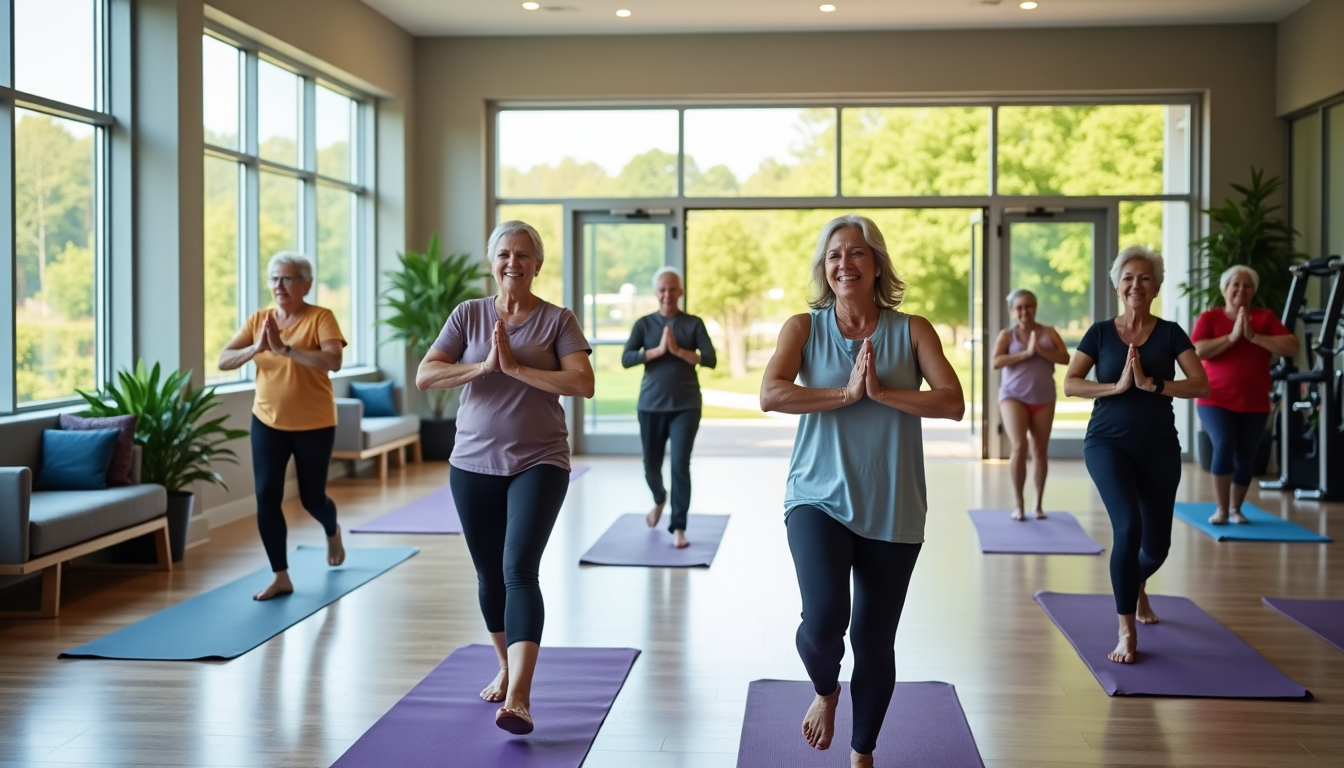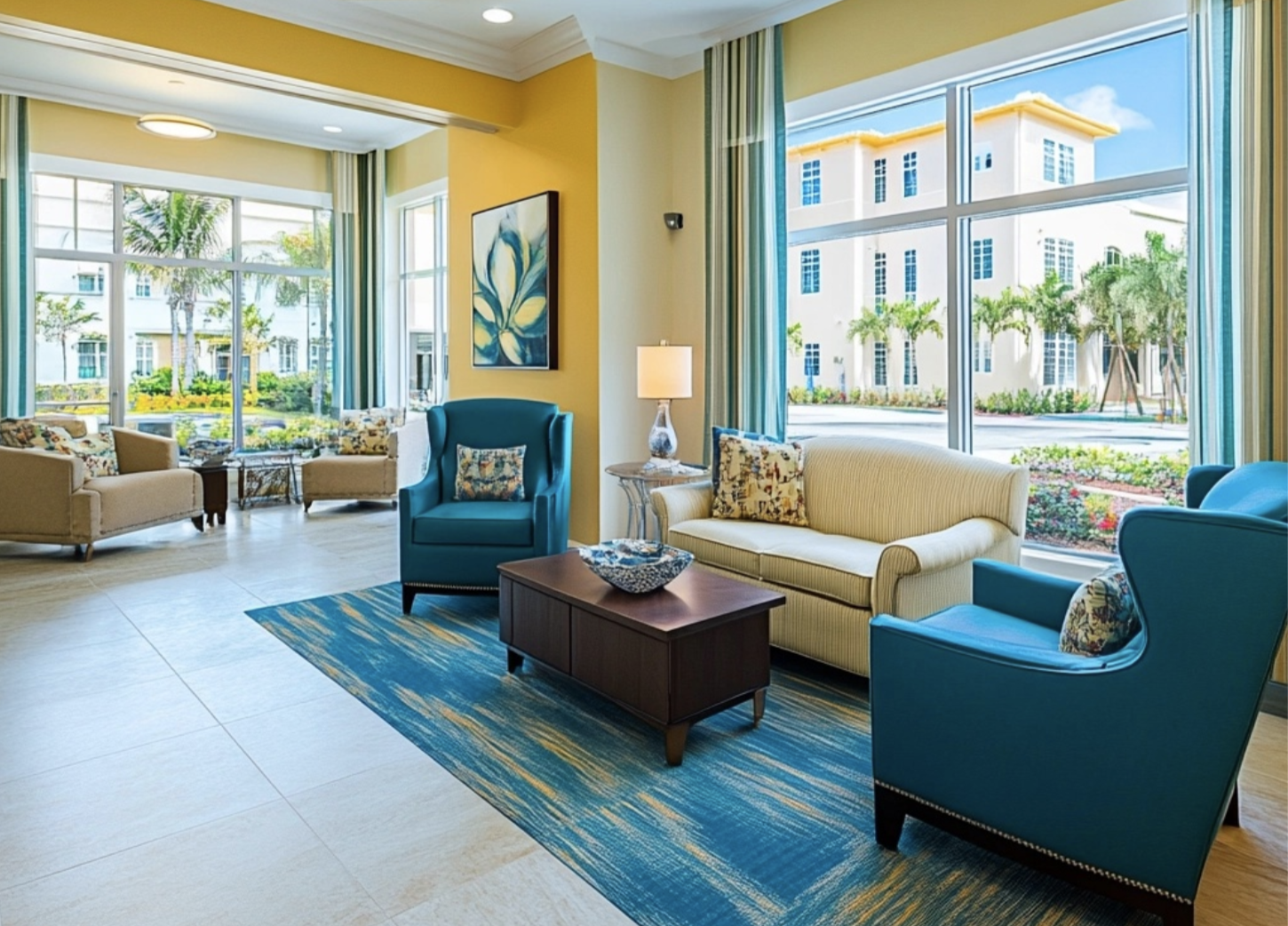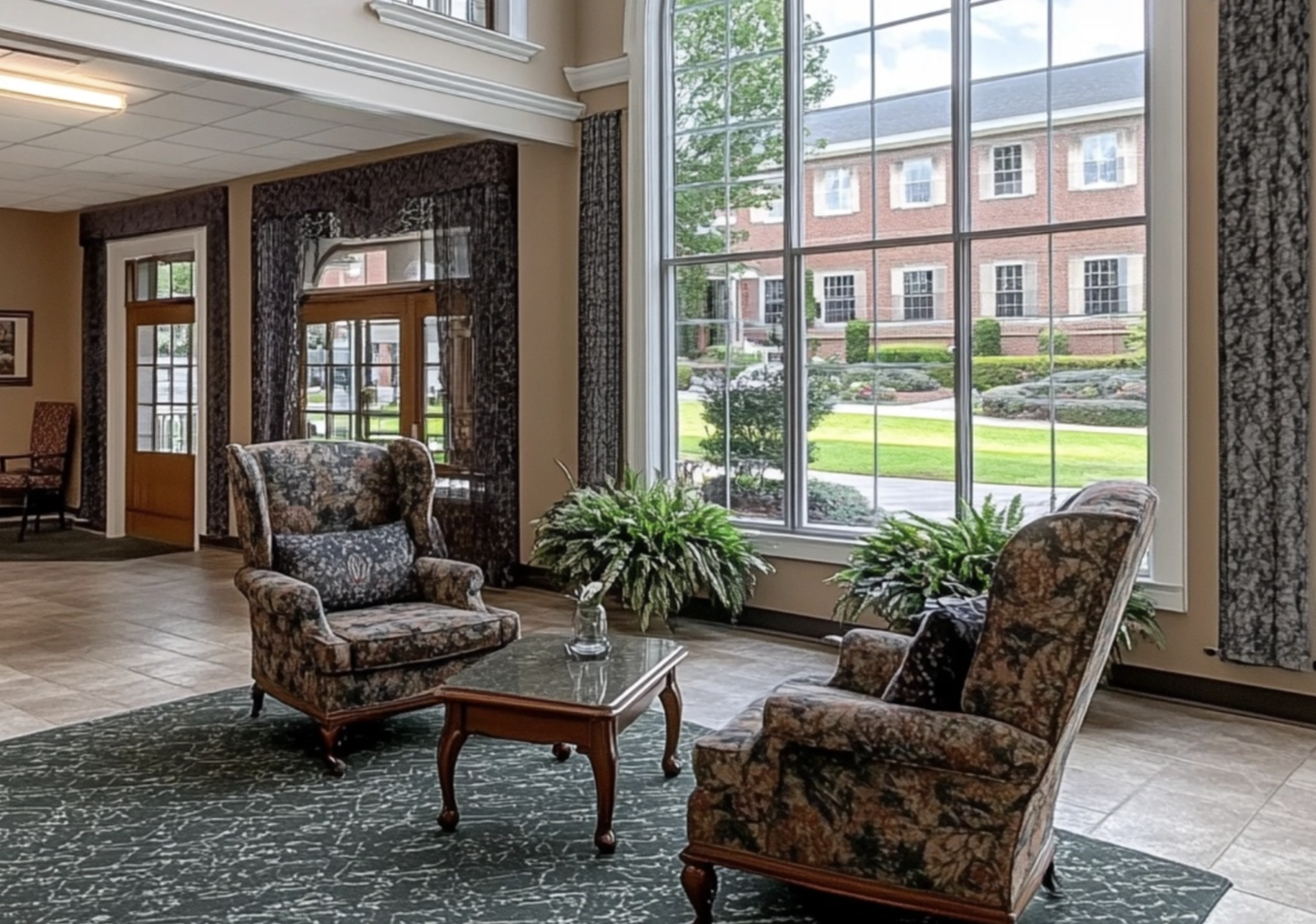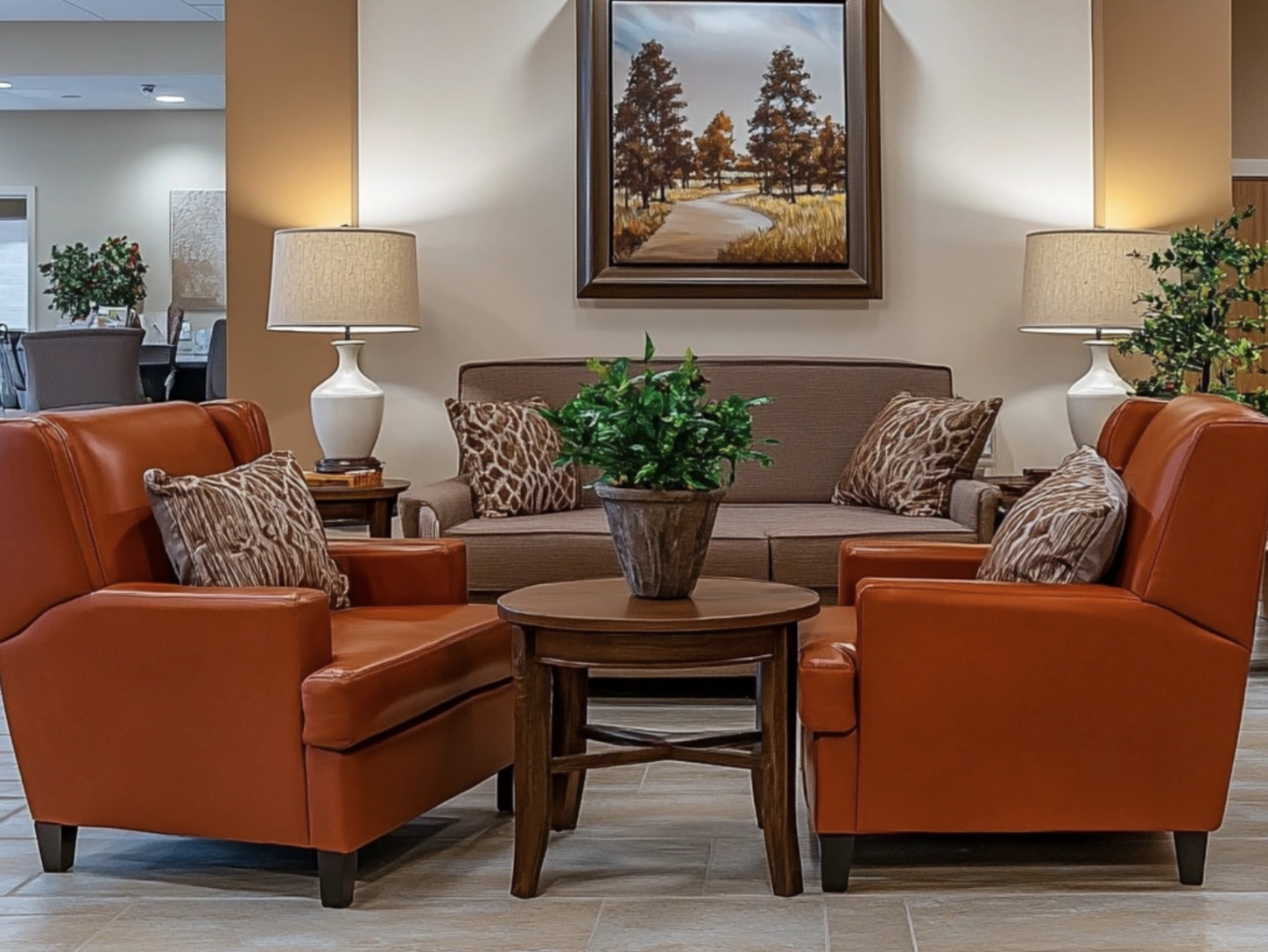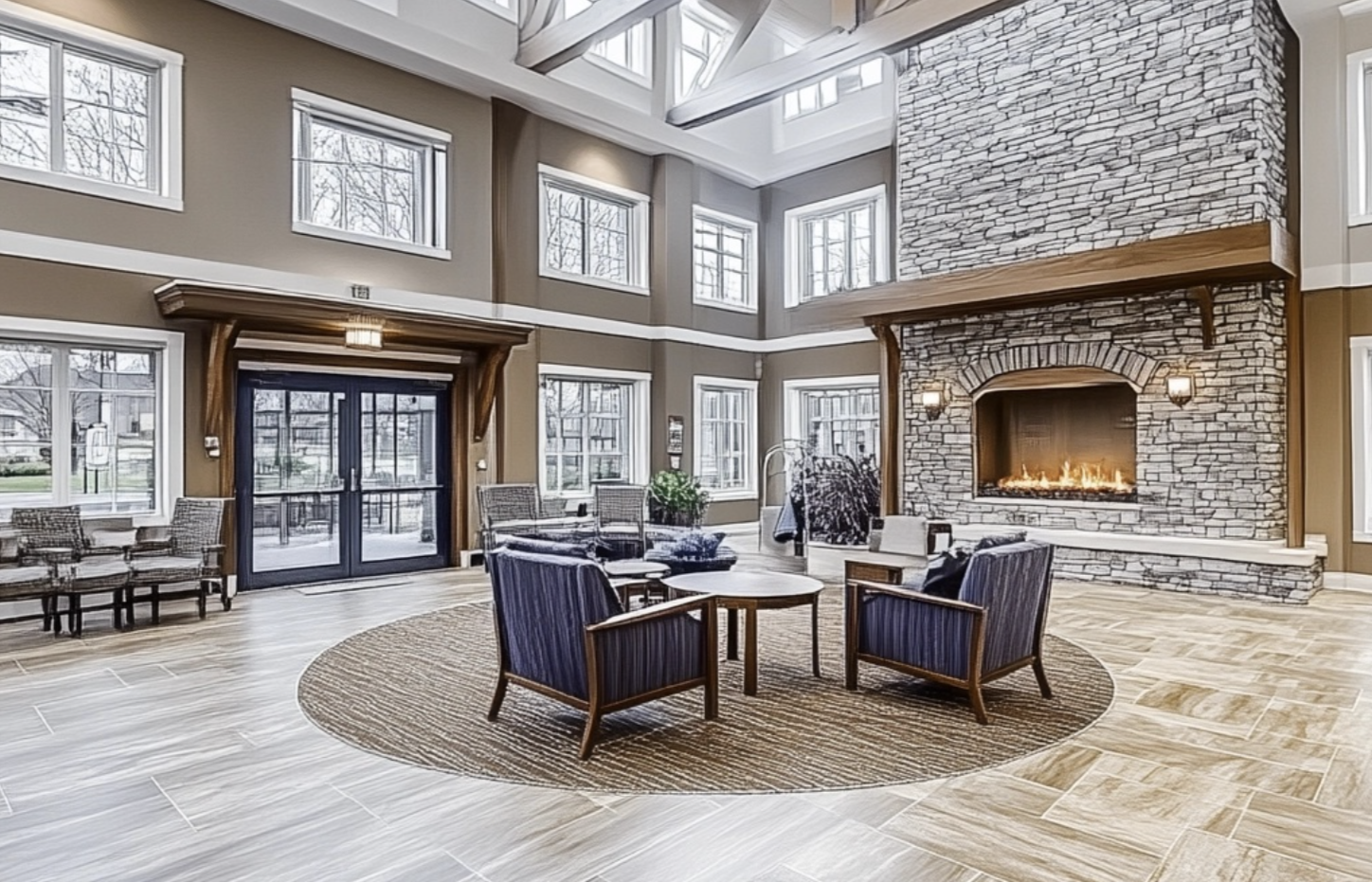According to the World Health Organization, 80 percent of heart disease, stroke, and Type 2 diabetes cases could be prevented through healthier lifestyle choices. This statistic becomes even more significant considering the global population of adults aged 60 and older will reach 2 billion by 2050.
Senior wellness programs have emerged as a crucial solution to this challenge. In fact, these programs do more than just promote physical health – they prevent social isolation, enhance cognitive function, and boost emotional well-being. We’ve seen this impact firsthand, as more than 600 senior living communities worldwide have already embraced comprehensive wellness initiatives.
I’ve researched and evaluated numerous approaches to help you implement effective wellness solutions for seniors. From evidence-based fitness routines to brain-boosting activities, these seven expert-backed programs will guide you toward creating a more vibrant, healthy aging experience.
Evidence-Based Fitness and Movement Programs
Physical activity stands as a cornerstone of senior wellness programs, with research showing that regular exercise helps prevent various age-associated diseases.
Benefits of Senior-Specific Exercise Programs
Regular physical activity significantly improves cardiovascular health and reduces the risk of chronic conditions. Specifically, walking for 30 minutes daily for five days decreases the likelihood of several age-related ailments. Furthermore, exercise enhances immune function, which becomes particularly vital as immune systems often become compromised with age.
Studies demonstrate that strength training produces remarkable results in older adults. Initially, participants show improved physical function, subsequently experiencing decreased depression rates and reduced health care costs. Moreover, exercise programs focusing on balance and coordination have lowered fall incidents by 21%.
Popular Fitness Activities for Seniors
EnhanceFitness, a widely recognized program, has shown impressive results across 44 states, with 99% of participants recommending it to others. The program consists of:
- One-hour sessions combining aerobic activity, strength training, and balance exercises
- Adaptable routines for different fitness levels
- Social interaction opportunities before and after classes
Walking remains the most commonly reported physical activity, classified as either light or brisk intensity. Additionally, swimming and water aerobics have gained popularity since they put minimal stress on joints while strengthening muscles.
Program Implementation and Safety Guidelines
For optimal results, seniors should participate in moderate-intensity activities for at least 150 minutes weekly. Notably, successful implementation requires substantial support and supervision over six months or longer.
Safety considerations play a crucial role in program success. Instructors must regularly check if participants can see and hear them properly. Plus, they should remind seniors not to perform exercises their physicians have advised against.
Implementation barriers often include maintaining consistent participation and adapting to seasonal residence patterns. Nevertheless, programs like EnhanceFitness have overcome these challenges, with 94% of participants reporting improved physical abilities.
Exercise programs should incorporate both aerobic and strength components while emphasizing balance exercises to reduce fall risks. Particularly, strength training has proven effective in increasing lean body mass and enhancing physical performance.
Mind-Body Wellness Initiatives
Mind-body wellness initiatives have emerged as essential components of senior wellness programs, primarily due to their profound impact on both physical and mental health. Research demonstrates that these practices literally reduce stress hormone cortisol, which has been linked to decreased risk of developing dementia.
Meditation and Stress Management Programs
The popularity of meditation among seniors has grown substantially, with participation rates increasing from 4.1% to 14.2% in just five years. Meditation programs focus on training the mind to relax and redirect thoughts, consequently improving awareness and self-reflection. These programs offer remarkable benefits for seniors:
- Healthier blood pressure levels
- Enhanced emotional well-being
- Improved long-term memory
- Better sleep quality
- Greater mental focus
Yoga and Tai Chi for Seniors
Yoga practice has shown positive effects on cellular aging, mobility, and balance. During a study, women over 50 experienced improved spine flexibility after practicing yoga just once weekly for five months. Similarly, chair yoga has become increasingly popular, offering modifications that make poses accessible for seniors with physical limitations.
Tai Chi, essentially a form of mild-to-moderate aerobic activity, has demonstrated significant results. Research indicates that practicing Tai Chi can improve balance, cardiorespiratory fitness, and cognition. Soon after beginning regular practice, participants showed enhanced proprioception and mobility.
Mental Health Benefits and Outcomes
Mind-body interventions have demonstrated remarkable effectiveness in treating depression and various chronic conditions. Studies reveal that these practices help seniors find balance between physical and psychological well-being. Undoubtedly, the most compelling evidence comes from research showing that mind-body exercises strengthen perceived social support and psychological resilience.
Regular participation in these programs yields multiple cognitive advantages. Altogether, research indicates improvements in attention span and memory function. Furthermore, these practices have shown promise in reducing anxiety and depression rates among older adults.
For optimal results, experts recommend practicing these activities 2-3 times weekly for at least six months. The combination of physical movement and mental concentration creates a unique synergy that enhances overall wellness outcomes.
Nutrition and Healthy Eating Programs
Proper nutrition plays a fundamental role in senior wellness programs, with research showing that healthy eating habits can help reduce the risk of developing chronic diseases such as high blood pressure, diabetes, and heart disease.
Dietary Guidelines for Seniors
As we age, our nutritional needs evolve, primarily because our metabolism slows down and our bodies require different amounts of certain nutrients. The dietary guidelines emphasize consuming nutrient-dense foods across all food groups. These include:
- Vegetables of various types and colors
- Whole fruits rather than juices
- Whole grains comprising at least half of total grain intake
- Low-fat dairy products and protein-rich foods
- Healthy oils from sources like seafood and nuts
Important to realize, older adults need to focus on specific nutrients, including potassium, calcium, vitamin D, dietary fiber, and vitamin B12. In light of these requirements, seniors should limit foods high in added sugars, saturated fats, and sodium.
Meal Planning and Preparation Workshops
Culinary workshops have emerged as an effective way to support healthy aging. These interactive sessions focus on teaching seniors how to prepare nutritious meals that align with their dietary needs. As a matter of fact, research indicates that combining nutrition education with hands-on cooking experiences increases fruit and vegetable consumption.
The workshops typically cover essential aspects coupled with practical demonstrations:
- Using fresh herbs and whole foods
- Creating portion-controlled meals
- Understanding nutritional labels
- Implementing safe food handling practices
Nutritional Counseling Services
Nutritional counseling provides personalized guidance to seniors who may be at nutritional risk. This service becomes especially valuable when considering that approximately 1 in 10 seniors in the United States don’t eat enough nutritious foods.
Through these counseling sessions, registered dietitians work directly with seniors to develop customized meal plans based on their medical history and daily eating habits. The benefits of nutritional counseling include enhanced energy levels, better heart function, and improved weight maintenance.
In the hope that seniors maintain their independence, many communities offer nutrition services through the Older Americans Act (OAA). These programs provide not only healthy meals but also nutrition screening, assessment, education, and counseling services. Currently, about 5,000 providers serve more than 900,000 meals daily across the country.
Social Engagement and Community Programs
Social participation emerges as a vital component of senior wellness programs, with research demonstrating its profound impact on longevity and quality of life. Studies reveal that seniors who maintain active social connections experience lower rates of mortality and improved health indicators.
Group Activities and Social Events
Senior centers serve as vibrant hubs for social interaction, offering diverse activities that stimulate both mind and body. These centers provide structured programs ranging from card games and board games to cultural events and educational workshops. Beyond traditional activities, many facilities now incorporate adaptive dance classes and creative arts sessions to enhance engagement.
Throughout the year, organized events create opportunities for meaningful interaction. Book clubs foster intellectual discussions, alongside game nights that promote cognitive stimulation. Presently, senior wellness programs include both indoor and outdoor activities, accommodating various interests and ability levels.
Volunteer Opportunities
Volunteer work stands as a powerful avenue for seniors to maintain social connections while contributing to their communities. Research indicates that volunteering for less than two hours weekly offers remarkable benefits:
- Reduced risk of mortality
- Improved physical functioning
- Enhanced emotional well-being
- Increased sense of purpose
- Greater community engagement
Indeed, approximately 22% of adults aged 65 and older actively volunteer. Programs like AmeriCorps RSVP connect seniors with meaningful opportunities, from mentoring youth to supporting local charities. These initiatives primarily focus on utilizing seniors’ lifetime experiences and skills to benefit their communities.
Building Meaningful Connections
Research demonstrates that seniors who interact with people beyond their usual social circle show higher levels of physical activity and experience less risk of depression. Alongside organized activities, senior wellness programs facilitate natural relationship building through shared interests and experiences.
Generally, successful social engagement programs incorporate both structured and casual interaction opportunities. Studies indicate that seniors who participate in regular social activities experience improved cognitive function and enhanced mental well-being. The impact becomes even more significant when these connections span different generations, creating diverse and enriching social environments.
Throughout these programs, emphasis remains on creating supportive environments that encourage lasting relationships. Research confirms that seniors with strong social ties demonstrate better health outcomes and experience a stronger sense of belonging. Therefore, social engagement stands as an essential pillar in comprehensive senior wellness initiatives.
Cognitive Wellness and Brain Health
Keeping the mind active through structured cognitive wellness activities reduces the risk of dementia by up to 29%. Research demonstrates that seniors engaging frequently with mentally stimulating activities are half as likely to develop mild cognitive impairment compared to those with minimal engagement.
Memory Enhancement Activities
Memory enhancement programs offer targeted approaches for maintaining cognitive function. Studies reveal that seniors participating in regular memory training show improved recall abilities. These programs incorporate various activities that strengthen different aspects of memory function:
- Speed-processing exercises for quick information retention
- Pattern recognition tasks for visual memory improvement
- Working memory activities for short-term recall
- Social memory games for name and face recognition
- Vocabulary enhancement exercises for language retention
Alongside traditional activities, gardening has emerged as an effective memory-boosting pursuit, engaging multiple senses and promoting problem-solving skills.
Brain Training Exercises
Brain training exercises yield measurable benefits when practiced consistently. The Advanced Cognitive Training for Independent and Vital Elderly study, involving 2,800 participants aged 65 and above, demonstrated that several weeks of targeted brain training improved specific cognitive abilities.
Currently, the n-back task stands out as one of the most researched brain exercises, showing remarkable results in enhancing fluid intelligence and problem-solving capabilities. Primarily, these exercises focus on strengthening working memory, which proves essential for daily tasks from following conversations to performing mental calculations.
Research indicates that 60% of seniors who participated in structured brain training programs maintained or improved their daily life activities even after a decade. Yet, experts emphasize that success depends on consistent practice and regular challenges, much like physical exercise routines.
Educational Workshops
Educational workshops provide structured environments for cognitive development. These sessions typically run for one hour, offering comprehensive brain health strategies. The workshops focus on:
Understanding age-related memory changes Implementing evidence-based cognitive enhancement techniques Developing personalized brain health strategies Applying practical memory improvement methods
Despite common beliefs, studies suggest that maintaining mental activity through educational engagement proves more beneficial than relying solely on formal education background. Hence, many senior wellness programs now incorporate regular educational sessions focusing on brain health.
The effectiveness of these workshops increases when combined with social interaction. Research confirms that strong social connections, alongside cognitive training, may help delay the onset of dementia. Meanwhile, workshop participants receive personalized tips based on the latest research in memory and aging.
Holistic Health Assessment Programs
Comprehensive health assessments form the backbone of effective senior wellness programs, with studies showing that early detection through regular screenings can prevent 80% of chronic health conditions.
Regular Health Screenings
A thorough screening program primarily focuses on preventive services that help detect health issues early and determine effective treatments. Current recommendations for seniors include:
- Cardiovascular screenings
- Bone mass measurements
- Depression assessments
- Diabetes screenings
- Vision and hearing tests
- Cognitive evaluations
Research indicates that direct screening through primary care allows early identification of health risks, markedly reducing related complications. Evidently, these screenings prove most effective when tailored to each individual’s health status, functional ability, and life expectancy.
Personalized Wellness Plans
Comprehensive wellness plans begin with a multidimensional assessment designed to evaluate functional ability, physical health, and socioenvironmental circumstances. These assessments typically involve an interdisciplinary team, consisting of a geriatrician, nurse, social worker, and pharmacist working together to create individualized care strategies.
The assessment process examines multiple domains:
- Physical and mental health status
- Functional capabilities
- Environmental factors
- Social support systems
- Medication management
Alongside traditional evaluations, modern wellness plans incorporate technology-enhanced solutions. Activity trackers have shown remarkable results, with participants experiencing improved physical activity levels and increased daily step counts. Furthermore, these devices contribute significantly to self-awareness and goal setting among seniors.
Progress Tracking Methods
Successful progress monitoring relies on standardized instruments that make evaluation more reliable and efficient. Throughout the assessment period, healthcare professionals track various metrics to ensure the effectiveness of wellness interventions.
Activity trackers facilitate consistent progress monitoring, with studies showing that 78% of seniors successfully use these devices to track their daily activities. Additionally, digital health monitoring apps enable seniors to keep track of vital signs, medications, and overall well-being.
Research confirms that regular progress reviews yield better outcomes. Accordingly, wellness programs implement systematic evaluation schedules to monitor improvements in physical function, cognitive abilities, and social engagement. The effectiveness of these tracking methods becomes apparent through improved quality of life indicators and enhanced independence levels.
Technology-Enhanced Wellness Solutions
Remote monitoring technology has revolutionized senior wellness programs, with studies showing that 30% of older adults now actively engage with health monitoring devices. Through these advancements, seniors can maintain independence while staying connected to healthcare providers.
Digital Health Monitoring
Smart home technology has emerged as a cornerstone of senior wellness, incorporating sensors and monitoring systems that track daily activities without requiring active participation. These systems collect vital health data through various means:
- Wireless wristwatch devices for temperature and motion tracking
- Smart scales for weight management
- Blood pressure monitoring equipment
- Automated water and electricity consumption sensors
- Fall detection systems with 95% accuracy
Primarily, these monitoring systems have shown remarkable results, with 64% of seniors reporting improved health management through technology-enabled tracking. Currently, healthcare providers can analyze this data in real-time, enabling early intervention and prevention of potential health issues.
Virtual Fitness Classes
Online exercise programs have gained substantial traction, with engagement rates exceeding 30%. These virtual classes offer numerous advantages for seniors who might feel uncomfortable in traditional gym settings or face transportation challenges.
Alongside standard fitness routines, virtual programs incorporate specialized elements such as chair exercises, gentle movement sessions, and strength training. Through small-group online classes, seniors receive personalized attention from certified trainers, ensuring proper form and safety.
The effectiveness of these programs becomes apparent through consistent participation rates. Studies indicate that seniors accessing virtual fitness classes show improved physical abilities in 94% of cases. Increasingly, these programs integrate social elements, allowing participants to exercise with friends and family members virtually.
Wellness Apps for Seniors
Mobile applications have become instrumental in supporting senior health management. Research shows that 78% of seniors successfully utilize health tracking apps. These applications serve multiple purposes:
Effectively, mental wellness apps have shown particular promise, with studies indicating improved emotional well-being among regular users. Simultaneously, medication management apps help seniors maintain their prescribed routines, reducing missed doses and potential complications.
Smart device adoption among seniors continues to grow, with 36% now using health monitoring applications. Certainly, this trend reflects the increasing accessibility of technology-based wellness solutions. Apps focusing on nutrition, exercise tracking, and cognitive training have demonstrated significant positive impacts on senior health outcomes.
The integration of these technological solutions naturally extends beyond individual components. Remote monitoring systems work in tandem with wellness apps and virtual fitness programs, creating a comprehensive approach to senior health management. Studies reveal that 59% of seniors find these integrated solutions more convenient than traditional healthcare methods.
Comparison Table
| Program Type | Key Benefits | Main Components/Activities | Implementation Methods | Success Metrics/Outcomes | Recommended Frequency/Duration |
|---|---|---|---|---|---|
| Evidence-Based Fitness | – Improved cardiovascular health – Reduced chronic conditions – Enhanced immune function | – Aerobic activity – Strength training – Balance exercises | – Supervised sessions – Adaptable routines – Social interaction opportunities | – 21% reduction in fall incidents – 94% report improved physical abilities | 150 minutes weekly of moderate-intensity activities |
| Mind-Body Wellness | – Reduced stress hormone levels – Enhanced emotional well-being – Improved memory | – Meditation – Yoga – Tai Chi – Chair yoga | – Group classes – Modified poses for limitations – Progressive difficulty levels | – Improved spine flexibility – Enhanced balance – Better cardiorespiratory fitness | 2-3 times weekly for at least 6 months |
| Nutrition and Healthy Eating | – Reduced risk of chronic diseases – Enhanced energy levels – Better heart function | – Meal planning workshops – Nutritional counseling – Dietary education | – Hands-on cooking experiences – Personalized meal plans – Group workshops | – Increased fruit/vegetable consumption – Improved weight maintenance | Daily implementation with regular counseling sessions |
| Social Engagement | – Lower mortality rates – Improved cognitive function – Enhanced mental well-being | – Group activities – Volunteer opportunities – Cultural events – Educational workshops | – Senior centers – Community programs – Intergenerational activities | – Higher physical activity levels – Reduced depression risk | Regular participation (frequency not specified) |
| Cognitive Wellness | – 29% reduced dementia risk – Improved recall abilities – Enhanced problem-solving | – Memory enhancement activities – Brain training exercises – Educational workshops | – Speed-processing exercises – Pattern recognition tasks – Social memory games | – 60% maintained/improved daily activities after 10 years – Enhanced working memory | 1-hour workshop sessions (frequency not specified) |
| Holistic Health Assessment | – Early detection of health issues – Reduced complications – Improved independence | – Health screenings – Personalized wellness plans – Progress tracking | – Interdisciplinary team approach – Standardized assessments – Digital monitoring | – 78% successfully use tracking devices – Improved quality of life indicators | Regular screenings (frequency varies by assessment type) |
| Technology-Enhanced Solutions | – Improved health management – Enhanced independence – Better medication adherence | – Digital health monitoring – Virtual fitness classes – Wellness apps | – Remote monitoring systems – Small-group online classes – Mobile applications | – 94% show improved physical abilities – 64% report better health management | Daily monitoring with regular virtual class participation |
Conclusion
Senior wellness programs stand as powerful tools for healthy aging, backed by compelling research and real-world success stories. These seven comprehensive approaches work together, creating a complete framework for maintaining physical health, mental sharpness, and emotional wellbeing.
Research shows these programs deliver measurable results – from 21% fewer falls through fitness initiatives to 29% lower dementia risk via cognitive activities. The combination of evidence-based exercise, mind-body practices, proper nutrition, social engagement, brain training, regular health assessments, and smart technology creates a strong foundation for healthy aging.
Above all, successful aging requires a personalized approach. Each senior brings unique needs, abilities and preferences to their wellness journey. Therefore, the key lies in selecting and adapting these proven programs to match individual circumstances while maintaining consistency in participation.
The future of senior wellness looks bright as technology and traditional approaches merge to support independence and vitality. These programs will continue evolving, but their core focus remains unchanged – helping seniors live healthier, more fulfilling lives through comprehensive, evidence-based wellness solutions.
FAQs
Q1. What are some key factors for healthy aging that seniors can control? While genetics play a role, many factors influencing healthy aging are within our control. These include regular exercise, maintaining a nutritious diet, attending regular medical check-ups, and taking care of mental health. Engaging in these practices can significantly impact overall well-being and longevity.
Q2. Can you provide an example of an evidence-based health promotion program for older adults? Bingocize is an excellent example of an evidence-based program for seniors. It combines the popular game of bingo with exercise and health education. This program aims to improve mobility, independence, and social engagement while providing valuable health information on topics like fall prevention and nutrition.
Q3. What are some simple lifestyle changes seniors can make to age healthier? Seniors can adopt several small but impactful lifestyle changes to promote healthier aging. These include staying physically active through activities like gardening or walking, choosing nutrient-rich foods, managing stress through practices like yoga or journaling, learning new skills, attending regular medical check-ups, and maintaining social connections with family and friends.
Q4. How can seniors extend their time living independently? To extend independent living, seniors should focus on fall prevention, work with healthcare experts, stay mentally active, access support services when needed, discuss potential reductions in medical care with their doctors, maintain social relationships, stay physically flexible, and plan financially for the future. These actions can help manage health and promote longer periods of independent living.
Q5. What types of technology-enhanced solutions are available for senior wellness? Technology has revolutionized senior wellness programs. Digital health monitoring systems, such as wearable devices and smart home sensors, track vital health data. Virtual fitness classes offer personalized exercise routines that can be done from home. Additionally, wellness apps for seniors help with various aspects of health management, including medication reminders, cognitive training, and nutrition tracking.
